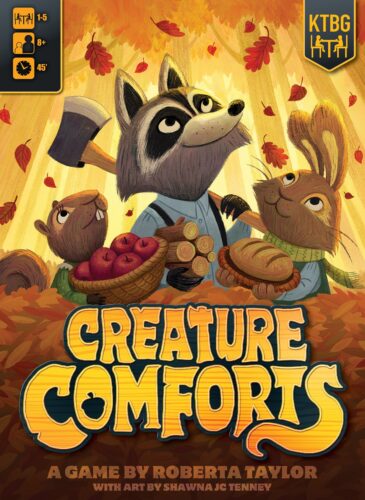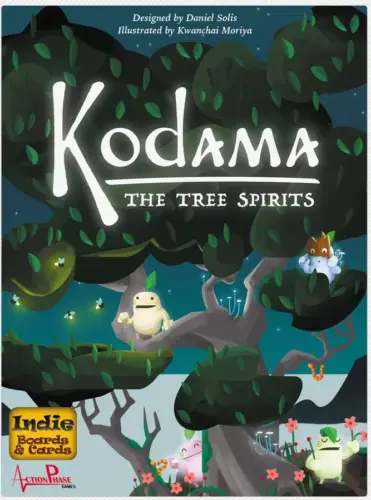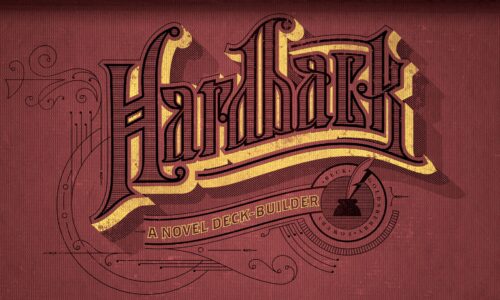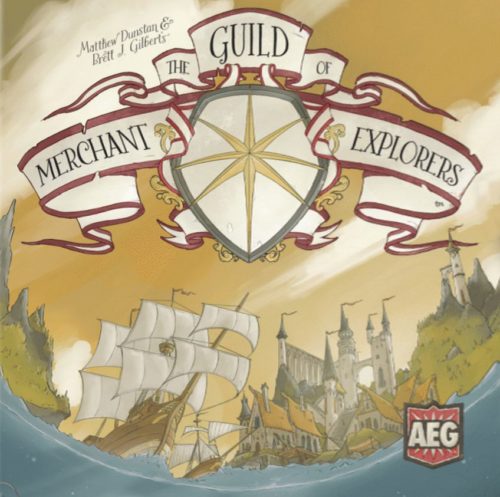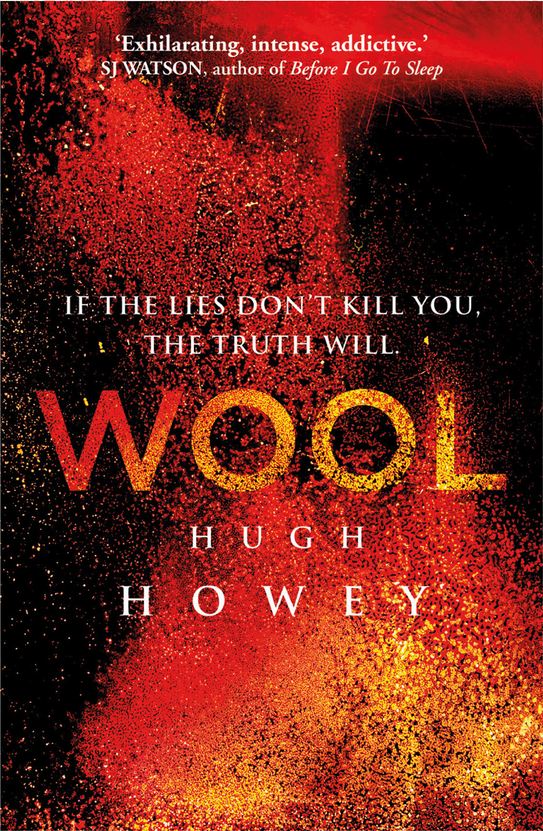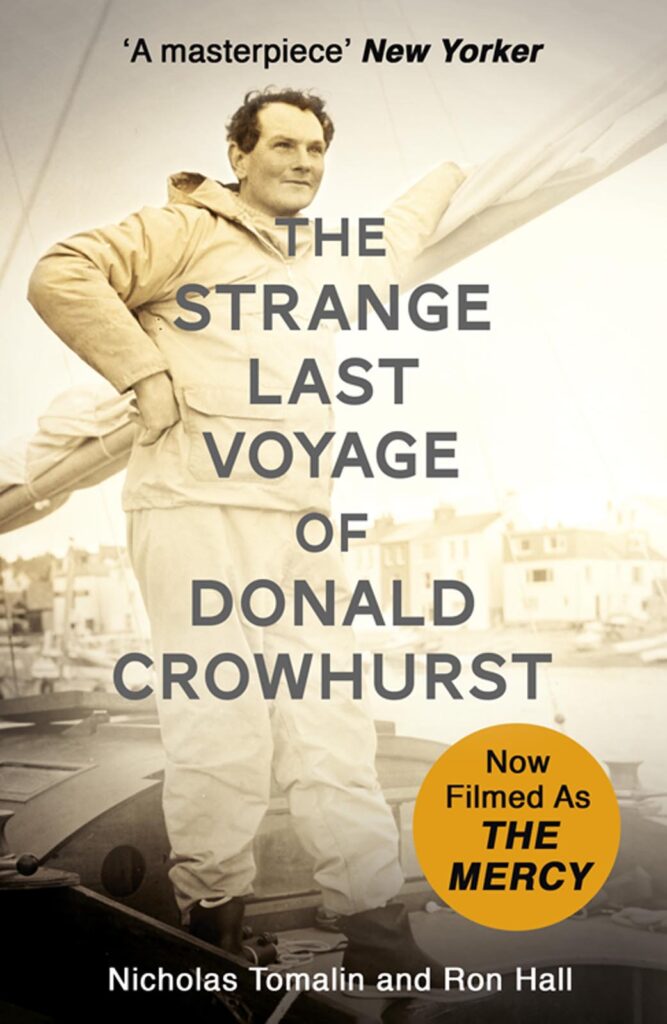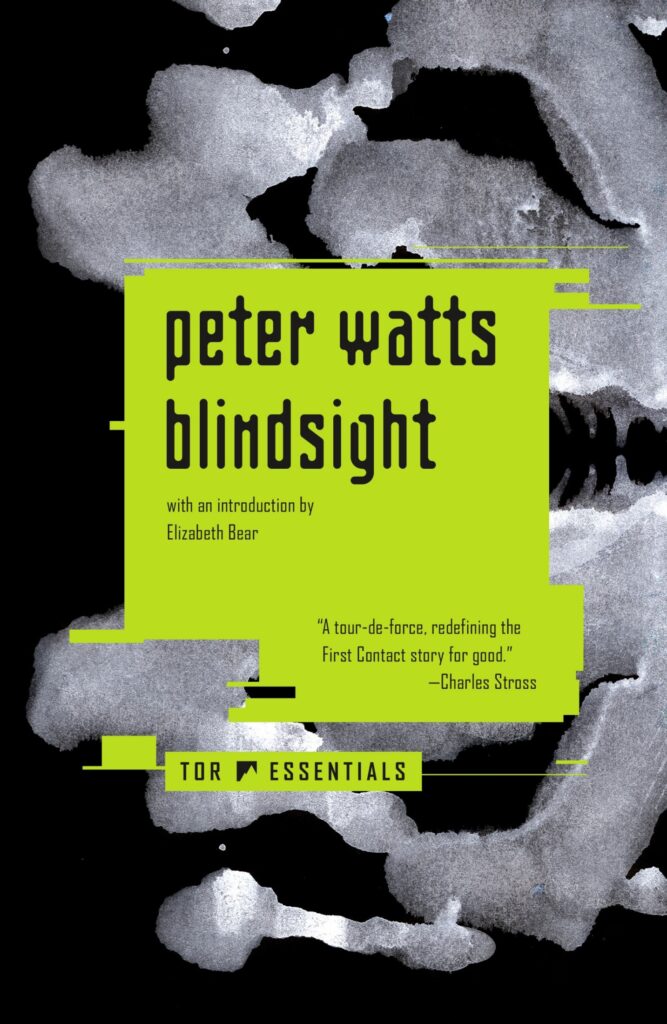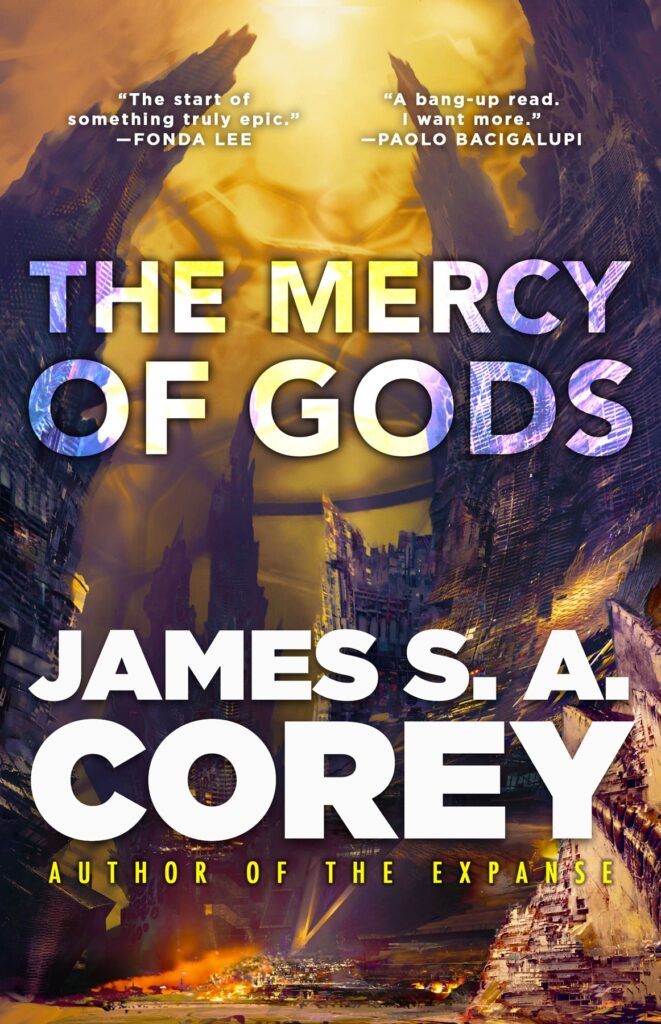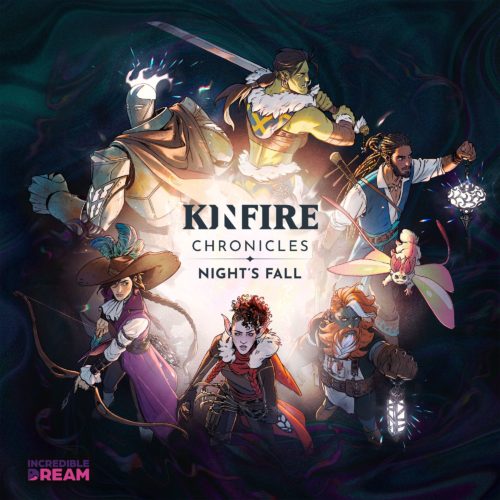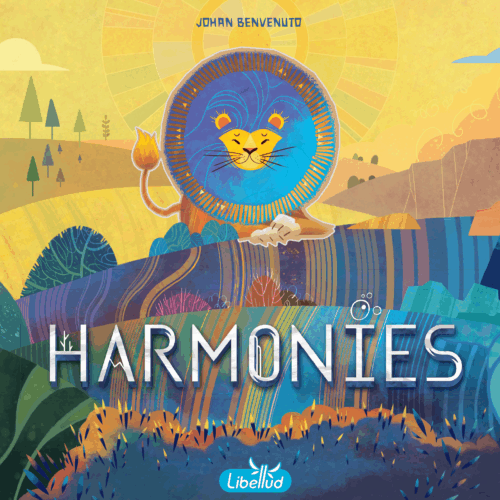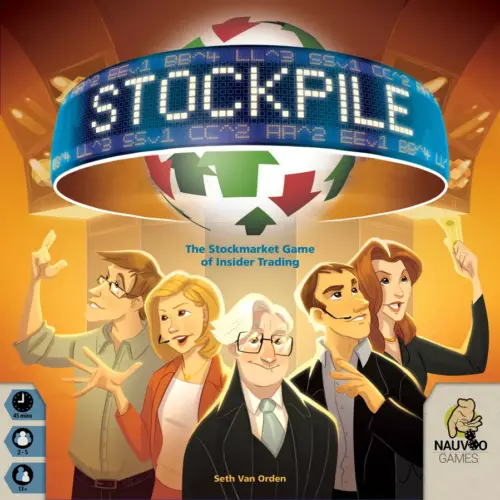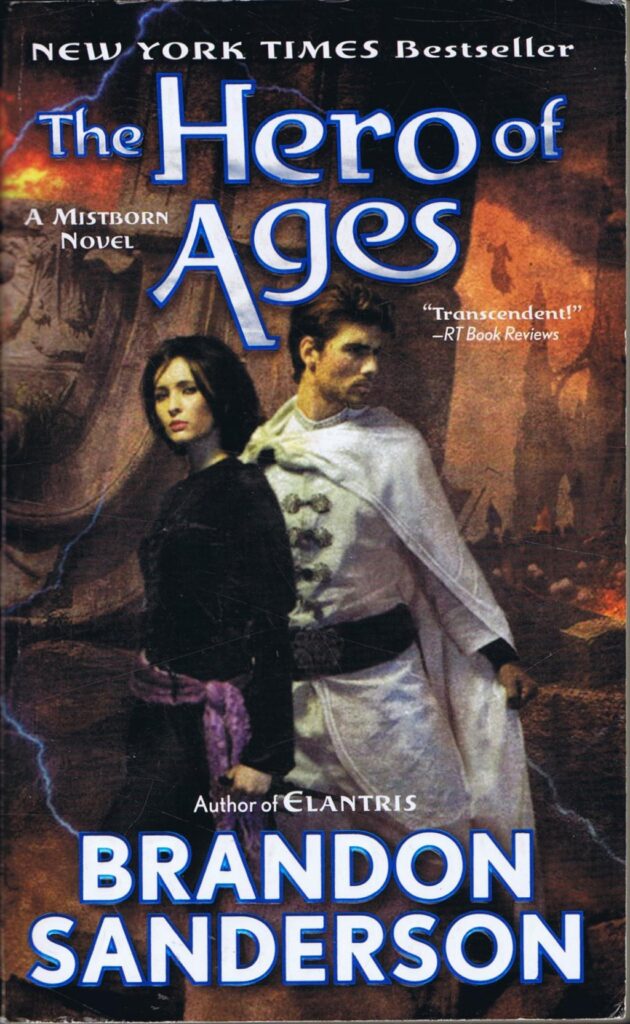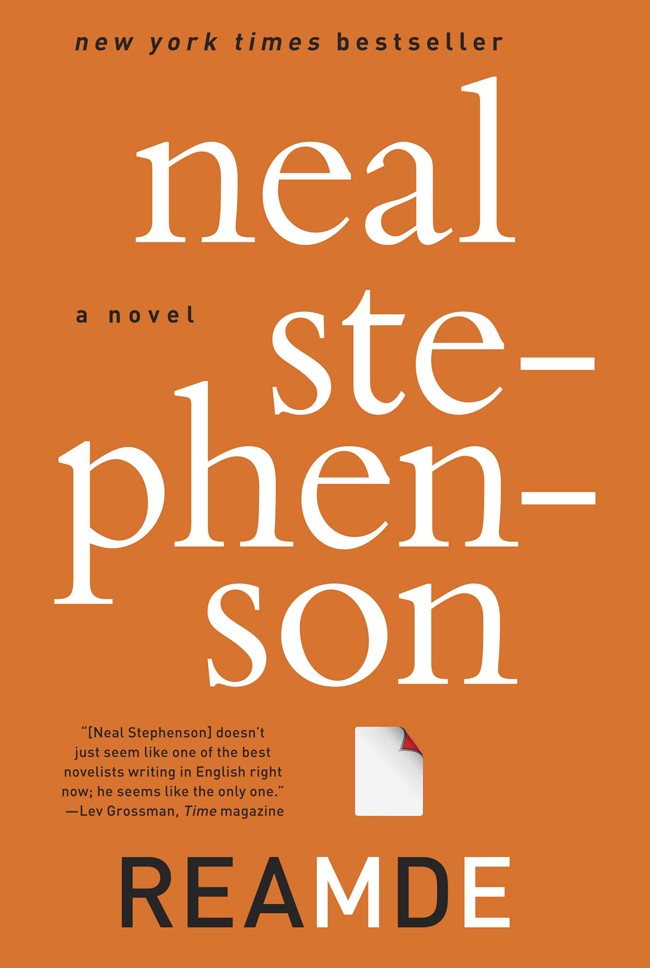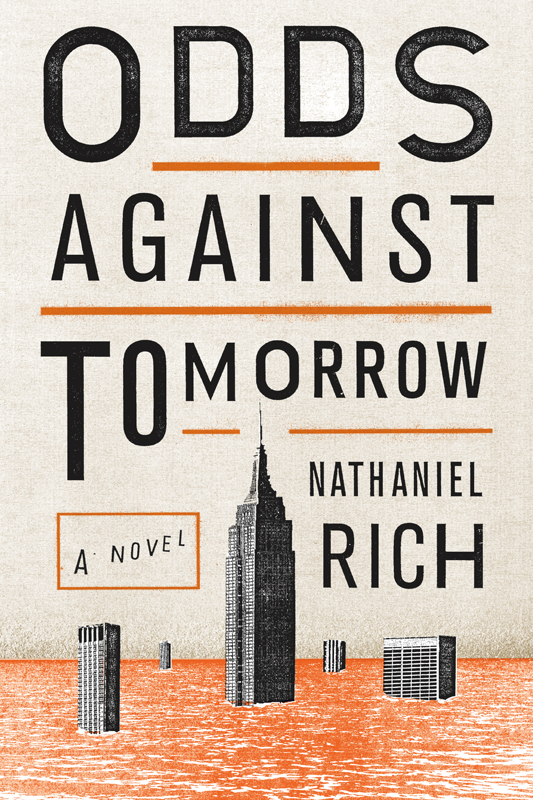Jess started a new medication which only comes in liquid form, in fact it’s a cough syrup that enhances another medication she takes. To help her remember to take it I designed and printed little bottles to put in her pill case so she sees them when she takes her regular pills.
I modeled it using SolveSpace in like 30 minutes. Pretty happy with how it came out. Here are some of them with the original bottle:
I gave Jess the game Hardback for Mother’s Day. It’s a small box with a bunch of cards in it and some bits and pieces. I found someone designed an organizer for the bits and pieces that looks like a hardcover book. So I printed one of those. However, when I printed it I found it didn’t fit aligned in the box with the cards. It was too wide by ~2-3mm and would bow the box. Rather than try to adjust the model and reprint it I decided to augment what I had with an organizer for the cards so they don’t slide to the bottom when you take some of them out.

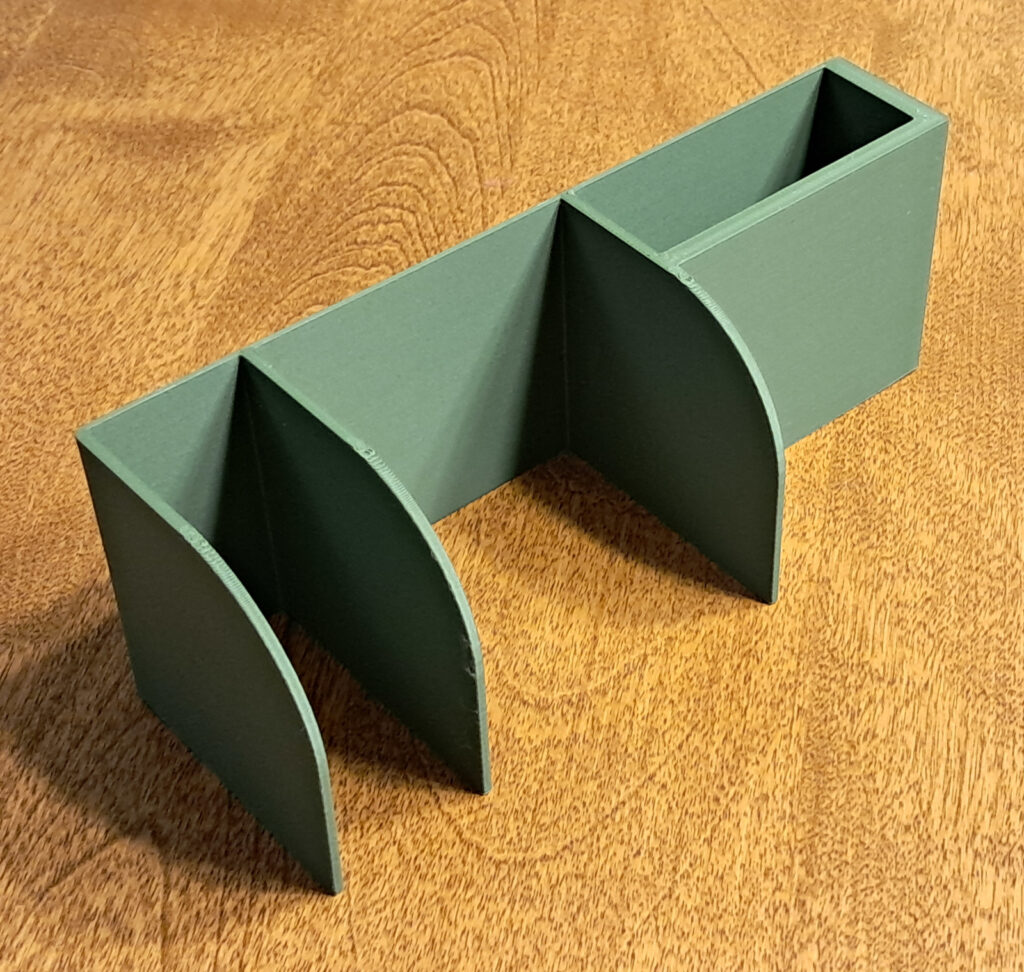

So now the bits-organizer sits perpendicular to the cards with room next to it for the game-modifier cards (Fanfiction Cards) with dividers for the other cards to keep everything in place. I’m quite happy with it. Also designed in SolveSpace. I spent a few hours on it partly because I made one design and then decided to scrap it and start over with a different approach.

